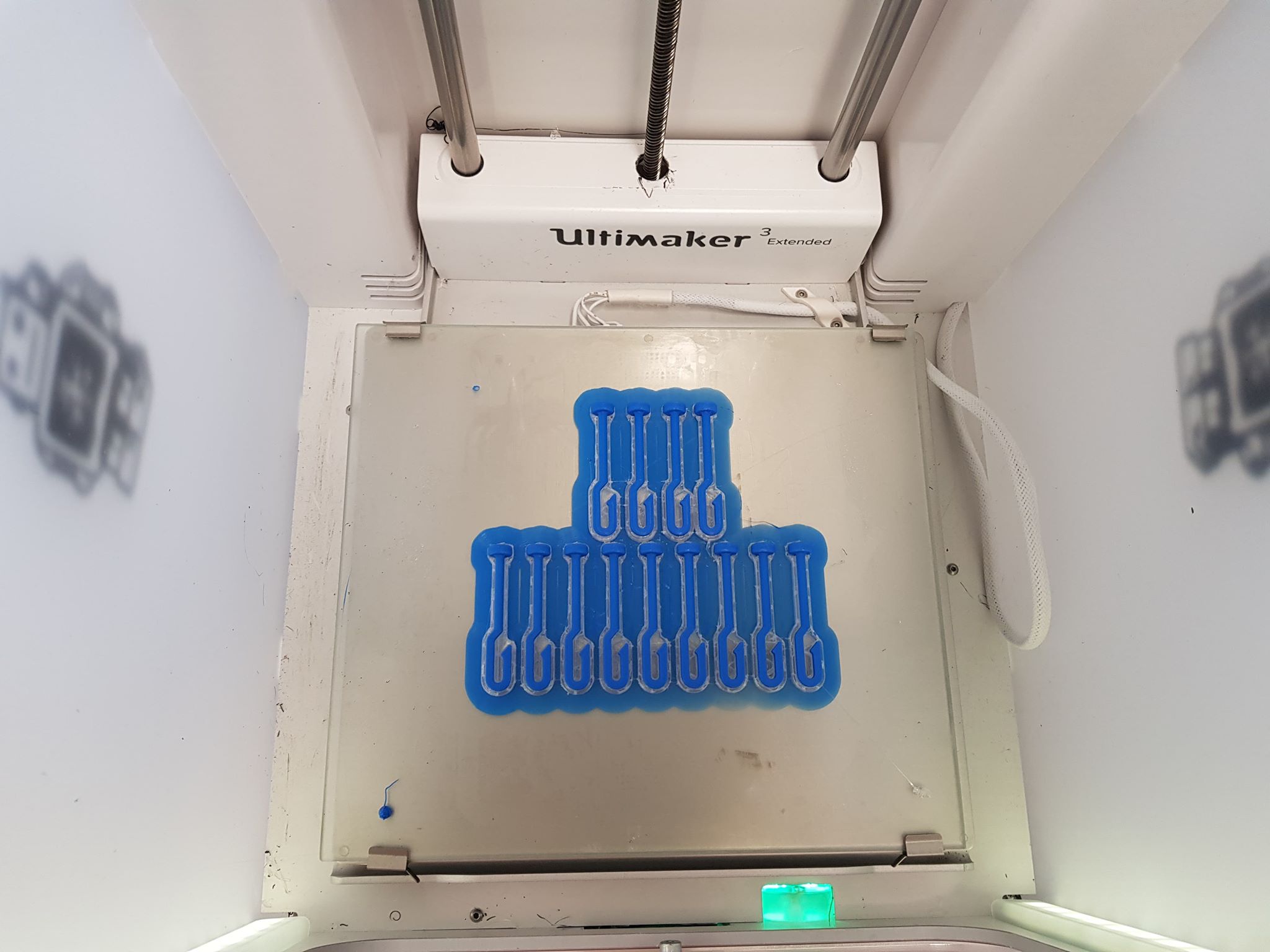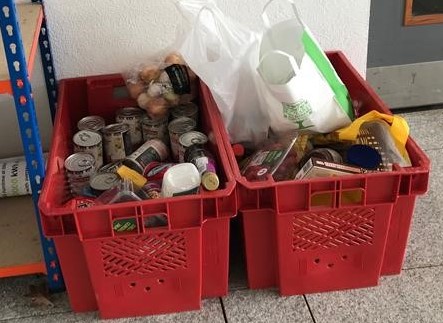Lancaster University community responds to coronavirus crisis

Lancaster University’s community is supporting national, regional and local efforts in the face of the coronavirus crisis.
Specialist analytical equipment from the University’s Lancaster Environment Centre, as well as from the Centre for Ecology and Hydrology, has been delivered by the military to scientists at Milton Keynes doing crucial testing work. Closer to home, experts from the University’s Engineering Department have been using additive manufacturing (3D printing) technology and other manufacturing processes to produce moulds to make curtain hooks, headbands for protective visors and aerosol shielding boxes for healthcare workers at the Royal Lancaster Infirmary and Royal Preston Hospital.
The University has established a centralised approach to efficiently and effectively respond to requests for kit or materials, expertise, facilities and skills.
Lancaster University is also working closely with the Local Resilience Forum in Lancashire to respond to regional requests for support.
Requests the University has responded to so far include:
· Making rooms available for NHS workers
· Matching staff and student expertise to work on local needs, including supporting vulnerable members of the community
· Sharing digital skills and expertise
· Donating personal protective equipment (PPE) to be used by key frontline health workers
Staff and students have been making generous donations towards local foodbanks. These donations are being distributed by Green Lancaster to: the Olive Branch; Morecambe Bay Food Bank; and the EggCup Hub.
People can continue to make foodbank donations at the following collection points:
· Asda Lancaster
· Sainsbury's Lancaster
· Sainsbury's Morecambe
· Tesco Carnforth
· Lancaster Town Hall and Morecambe Town Hall
As part of wider support for vulnerable children and young people the University and Students’ Union is also supplying learning resource packs using spare stationary items such as pen, pads and pencils. This is to help families to get some of the basic resources required to learn at home. So far, more than 5,000 pens, pencils, pads, rubbers and other assorted pieces of stationary have been collected from departments across the University.
The learning resource packs will be donated to foodbanks and schools across the area for distribution to families in need.
Professor Dame Sue Black, Pro-Vice-Chancellor for Engagement at Lancaster University, said: “These are challenging times and the University is committed to working with and supporting our partners across local government, the NHS, businesses and the community and to harnessing the resources of the University to support the national and regional effort wherever we can. It has been fantastic and inspiring to see colleagues coming together and working creatively to respond to a diverse range of requests.”
In addition, the Health Innovation Campus team has been in contact with senior NHS managers in the region - and the Lancashire Resilience Forum - to discuss frontline workers’ specific requirements and has agreed to act as a conduit for private sector businesses who may be able to assist with desperately needed equipment and skills.
Working with industry partners, the team has created the COVID-19 Manufacturing Cluster for Lancashire and South Cumbria and launched a new website - www.covid19cluster.co.uk - to act as a portal for companies wishing to offer their services.
Sherry Kothari, director of the Health Innovation Campus, Lancaster University, said: “At a time of national crisis, it is gratifying to see the offers of help flooding in from every corner.
“It is vital to capture and coordinate these so that we can optimise help for our local NHS teams, as well those working on the front line across other agencies.
“The more we can do with local SMEs, the more agile and responsive we can be in providing sustainable support for the region.”
Efforts are also underway to ensure the cluster is feeding into the national conversation and offering assistance where required.

Producing curtain hooks in the Engineering Department to be used in hospital cubicals

Some of the food donated for local foodbanks
Back to News
